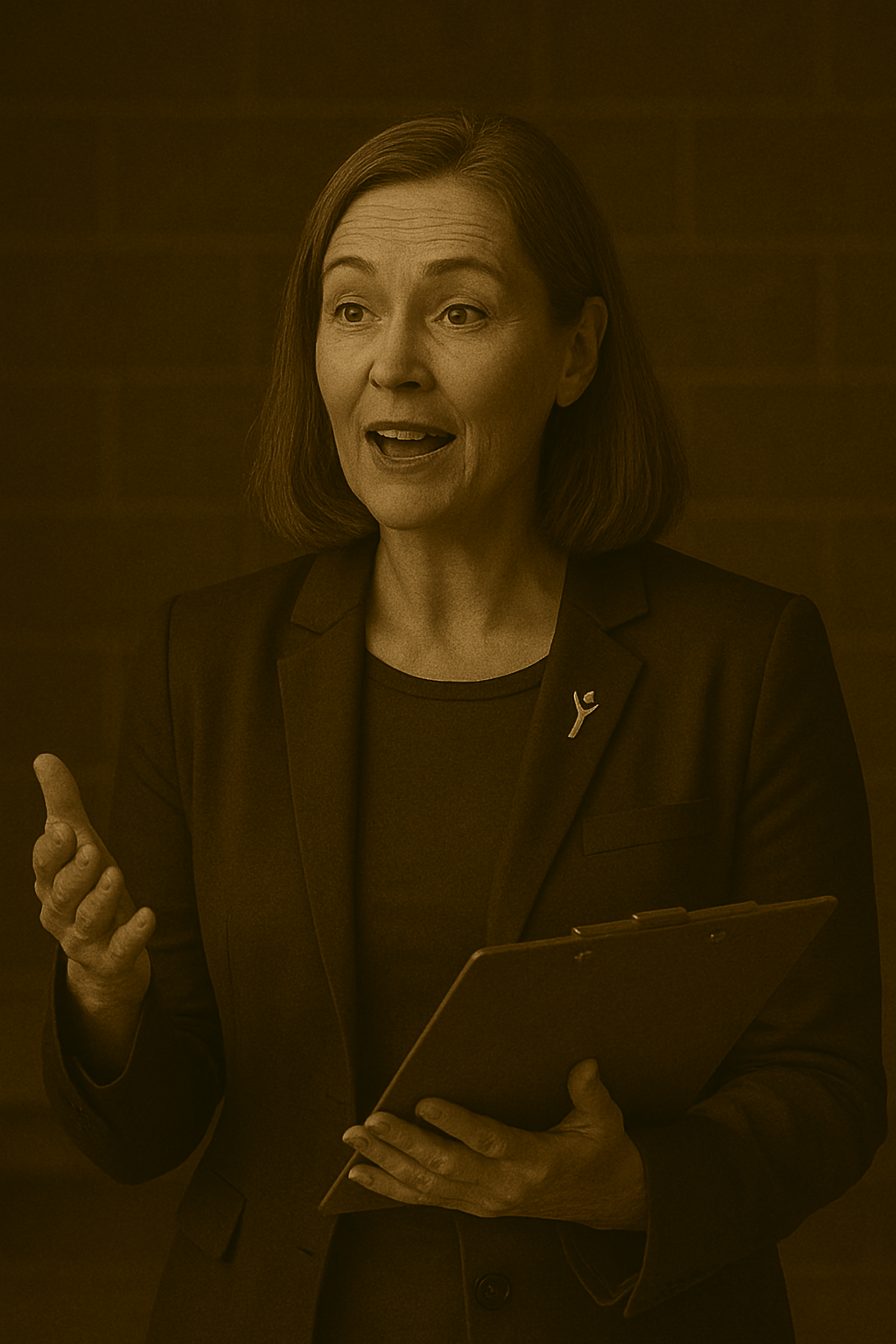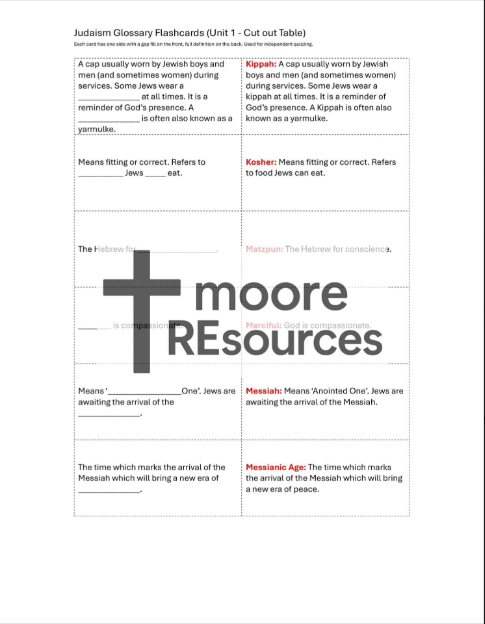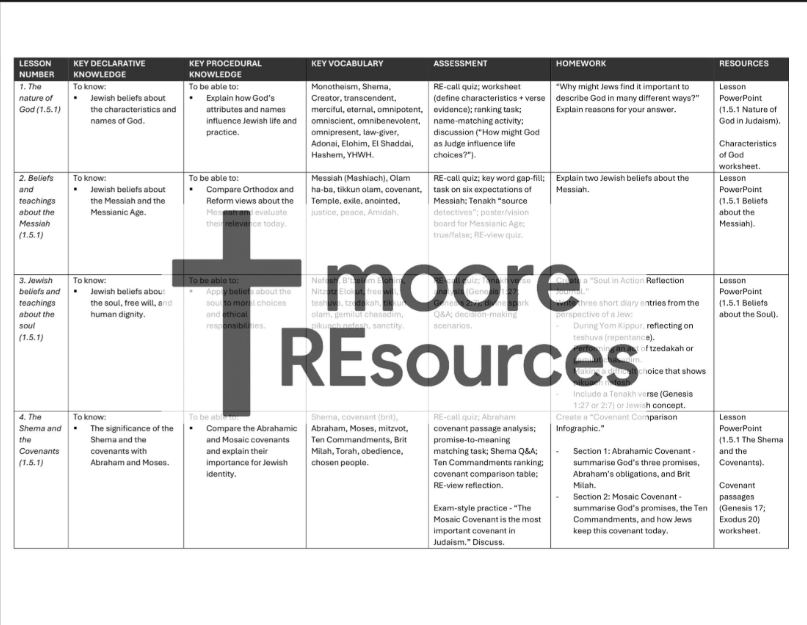 Image 1 of 2
Image 1 of 2

 Image 2 of 2
Image 2 of 2



1.82 / 18.3 Non-Religious Perspectives Practices on Life and Death
Help students explore non-religious approaches to death, mourning, and celebration of life with this sensitive and thought-provoking Lesson Pack for 1.8.2/3: Non-religious Practices. Carefully aligned to the WJEC Religious Studies 2025 specification, this lesson invites learners to understand how humanist and secular communities express grief, honour loved ones, and create meaningful rituals without religious belief — making it deeply relevant and empathetic for all students.
Learners Will Understand:
Non-Religious Mourning Practices
The absence of a single, universal set of mourning customs among non-religious people.
Mourning as a natural, personal expression of grief, and as a way to provide emotional support for family and friends.
The emphasis on celebrating and remembering the life and legacy of the deceased.
Funeral and Memorial Practices
Flexibility and individuality in burial or cremation choices.
The role of a humanist or secular celebrant in leading services, focusing on the person’s life rather than religious rites.
The significance of eulogies as personal tributes, and the frequent use of music to reflect the personality or interests of the deceased.
Suitable for:
WJEC GCSE Religious Studies (from 2025)
KS4 PSHE and Citizenship modules
Ethical and cultural studies
Revision, reflection, or enrichment sessions
Help students explore non-religious approaches to death, mourning, and celebration of life with this sensitive and thought-provoking Lesson Pack for 1.8.2/3: Non-religious Practices. Carefully aligned to the WJEC Religious Studies 2025 specification, this lesson invites learners to understand how humanist and secular communities express grief, honour loved ones, and create meaningful rituals without religious belief — making it deeply relevant and empathetic for all students.
Learners Will Understand:
Non-Religious Mourning Practices
The absence of a single, universal set of mourning customs among non-religious people.
Mourning as a natural, personal expression of grief, and as a way to provide emotional support for family and friends.
The emphasis on celebrating and remembering the life and legacy of the deceased.
Funeral and Memorial Practices
Flexibility and individuality in burial or cremation choices.
The role of a humanist or secular celebrant in leading services, focusing on the person’s life rather than religious rites.
The significance of eulogies as personal tributes, and the frequent use of music to reflect the personality or interests of the deceased.
Suitable for:
WJEC GCSE Religious Studies (from 2025)
KS4 PSHE and Citizenship modules
Ethical and cultural studies
Revision, reflection, or enrichment sessions






















